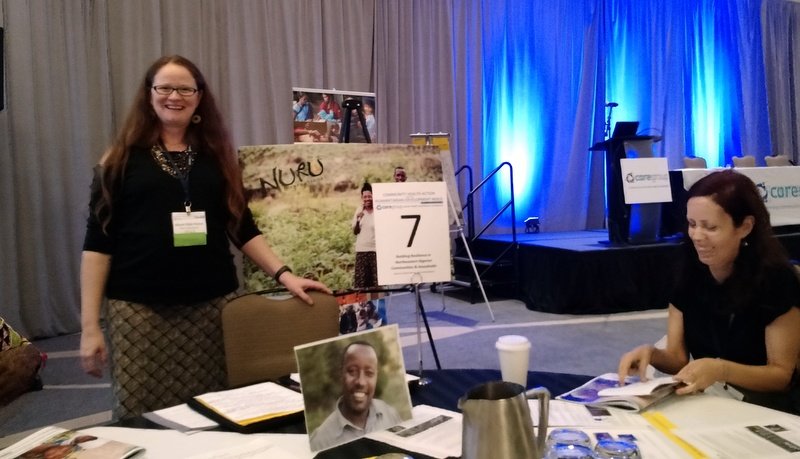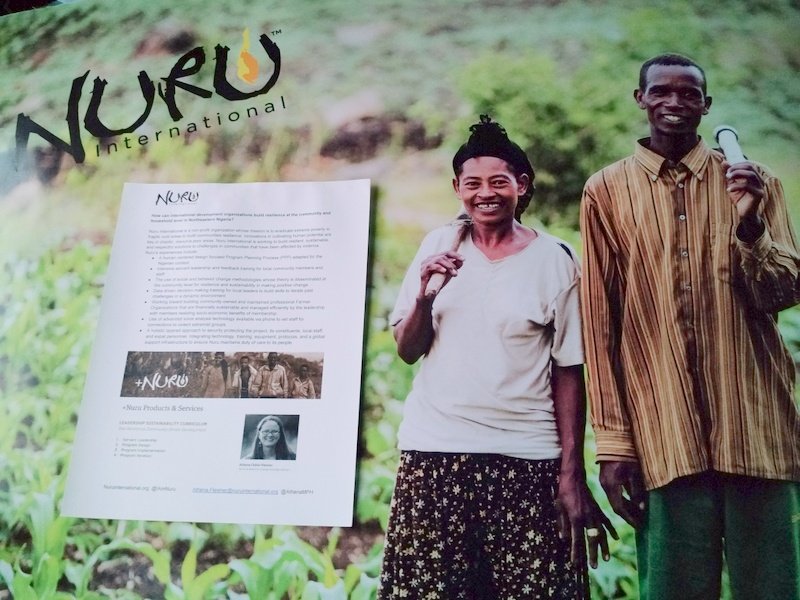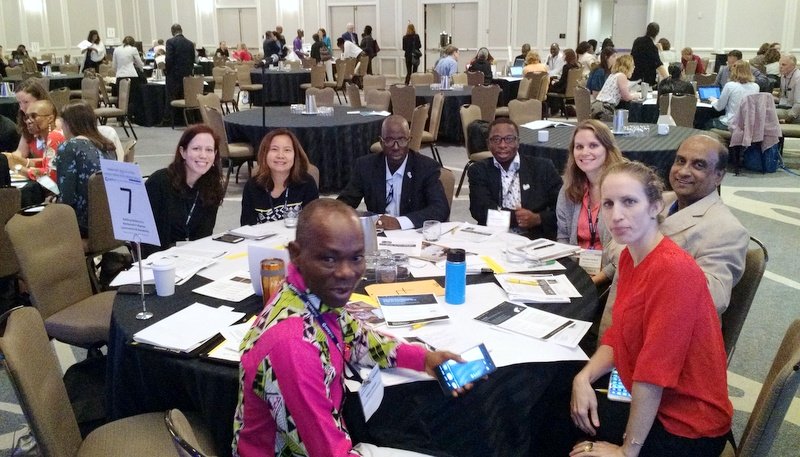During the first week of June, global community health practitioners, academics, donors and private sector representatives came together to discuss the humanitarian-development nexus at the CORE Group Annual Conference 2018. The group explored the differences and similarities in how we work with vulnerable populations that have been affected by violence or other disasters at the borders of development and humanitarian initiatives. The conference participants shared evidence based practices, strategies, and partnership ideas for future collaboration.
One of my favorite things about the CORE group presentations is the diversity of the presenters. People from all around the world come to share their ideas, ask the hard questions together and share evidence based practices and what the challenges and successes have been. Some of my key takeaways this year include:
Presentations and the informal discussions that followed from those doing the work on the ground in Africa
- Nutrition resilience building in Kenya as presented by Rose Ndolo of World Vision
- The use of local recipes to combat moderate acute malnutrition in North- Eastern Nigeria by Adia Oro-ghene of Catholic Relief Services
- Addressing reproductive maternal and newborn health needs in fragile and conflict situations including in Northern Nigeria working with the community to create a sustainable system by Largema Bukar and Adetoro Adegoke of Health Partners International’s
The discussion of Resilient Food Systems moderated by Professor Peter Winch from John Hopkins University
- An engaging discussion on climate smart agriculture and nutrition, food waste and community and policy level approached to support nutrition outcomes.
- Martin Bloem of the John Hopkins Center for a Livable Future challenged everyone in the room to work toward finding complex food system solutions not just look for simple solutions.
During the New Info Circuit Plenary session table top discussions I was honored to present about Nuru International’s work including some highlights for me of working with this team
- Co-creation: using a human centered design focused design process in each country to build solutions to local teams with local staff and community members.
- Why? To create a work culture of servant leadership that inspires us to always put the community first and to give and receive meaningful feedback throughout design, implementation and evaluation.
- Sustainability focus: Building capacity in local leaders and giving them meaningful responsibility from the beginning of the project.
- How? Utilizing data driven decision making at every level, social & behavior change methods and creating farmer organizations that can exist sustainably.
- Security: establishing a rigorous duty of care with a holistic layered approach in North Eastern Nigeria as well as everywhere we work.
- Why? Safety is the foundation of human needs.
I always find the CORE group discussions refreshing and practical. The working groups are a powerful force at the same time as being malleable and responsive. The CORE Group resources created by the working groups over the years have provided key practical tools for implementers in hard to reach communities. If you were not able to be at the conference you can learn more about it at #GHPC18




